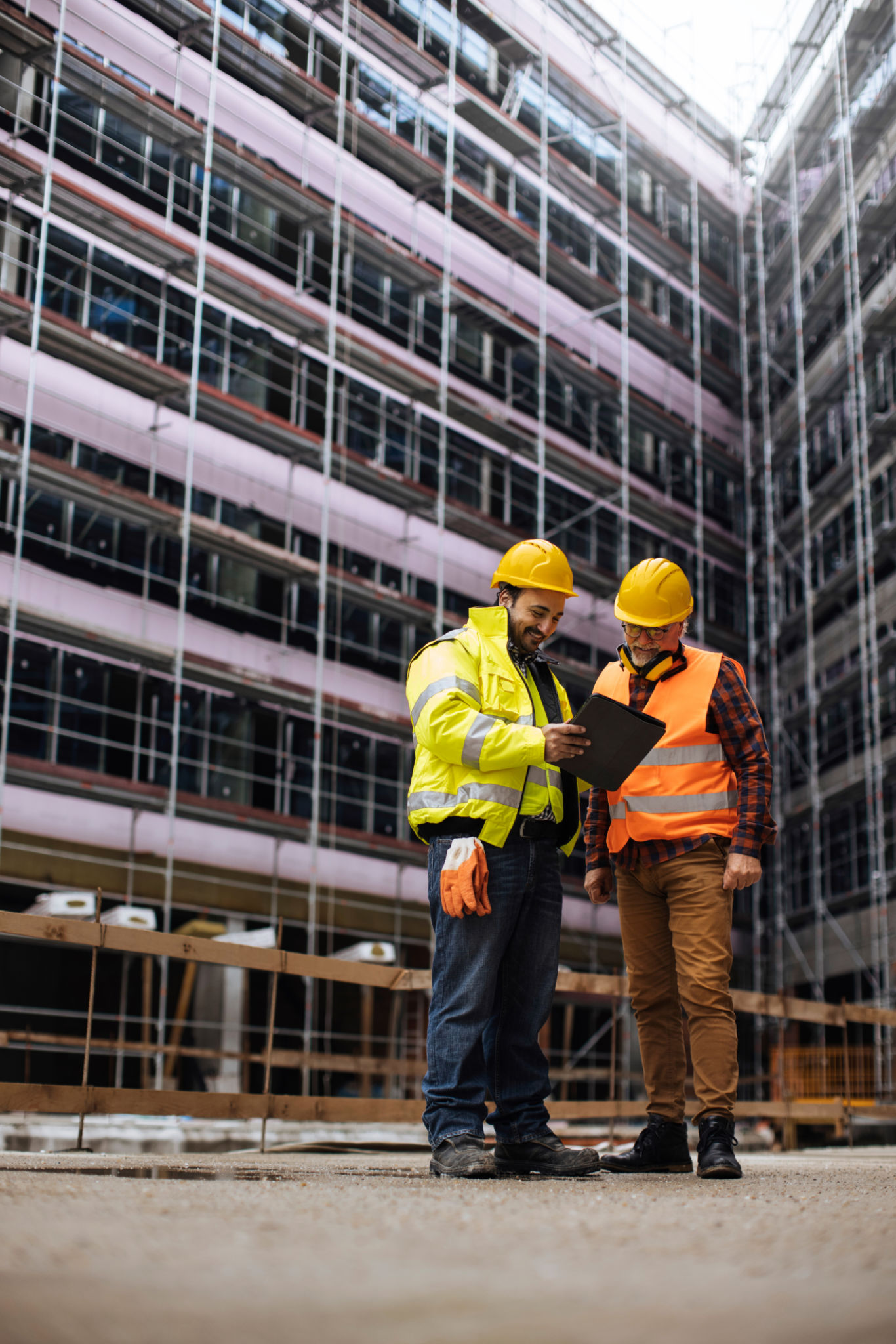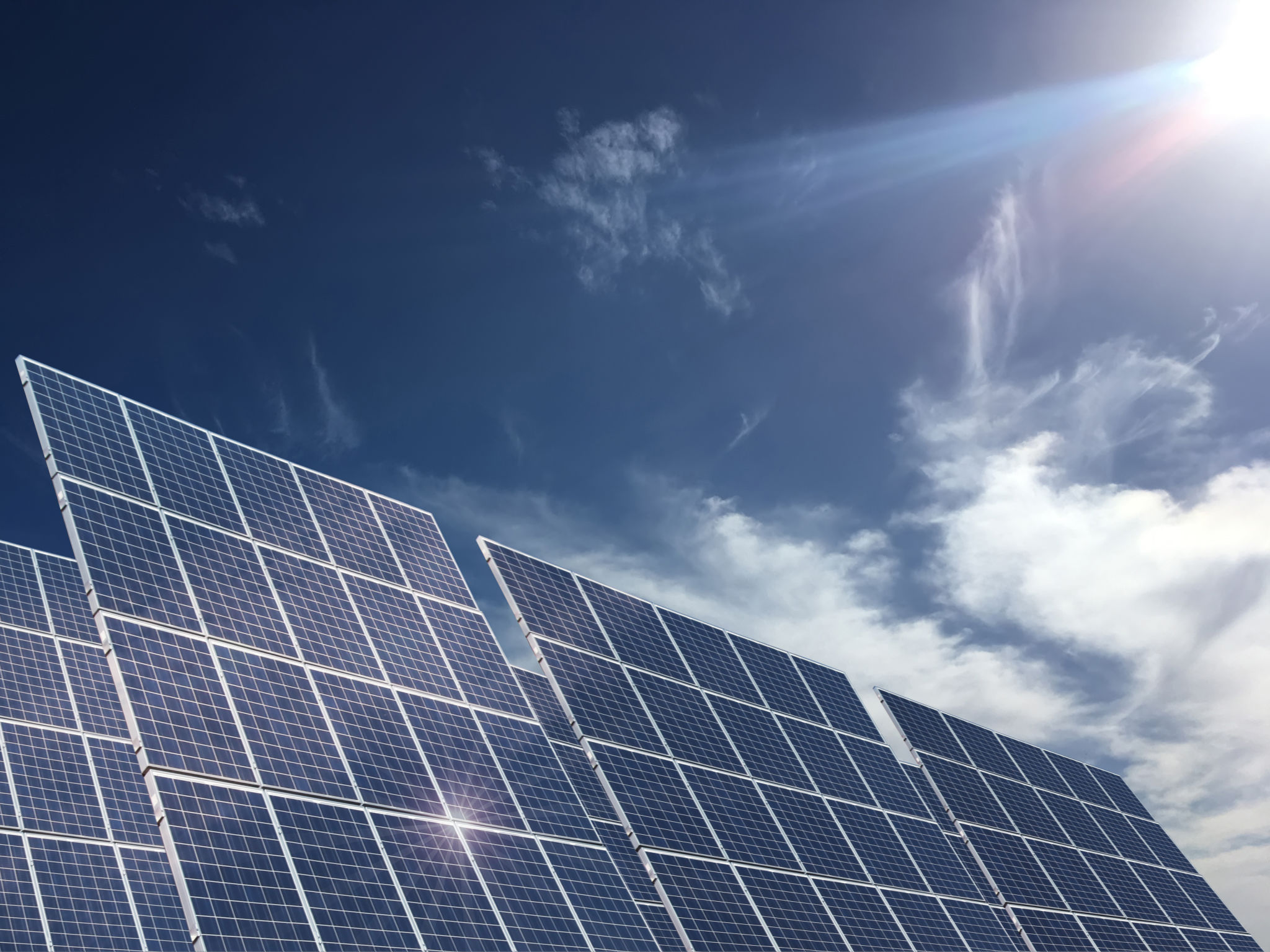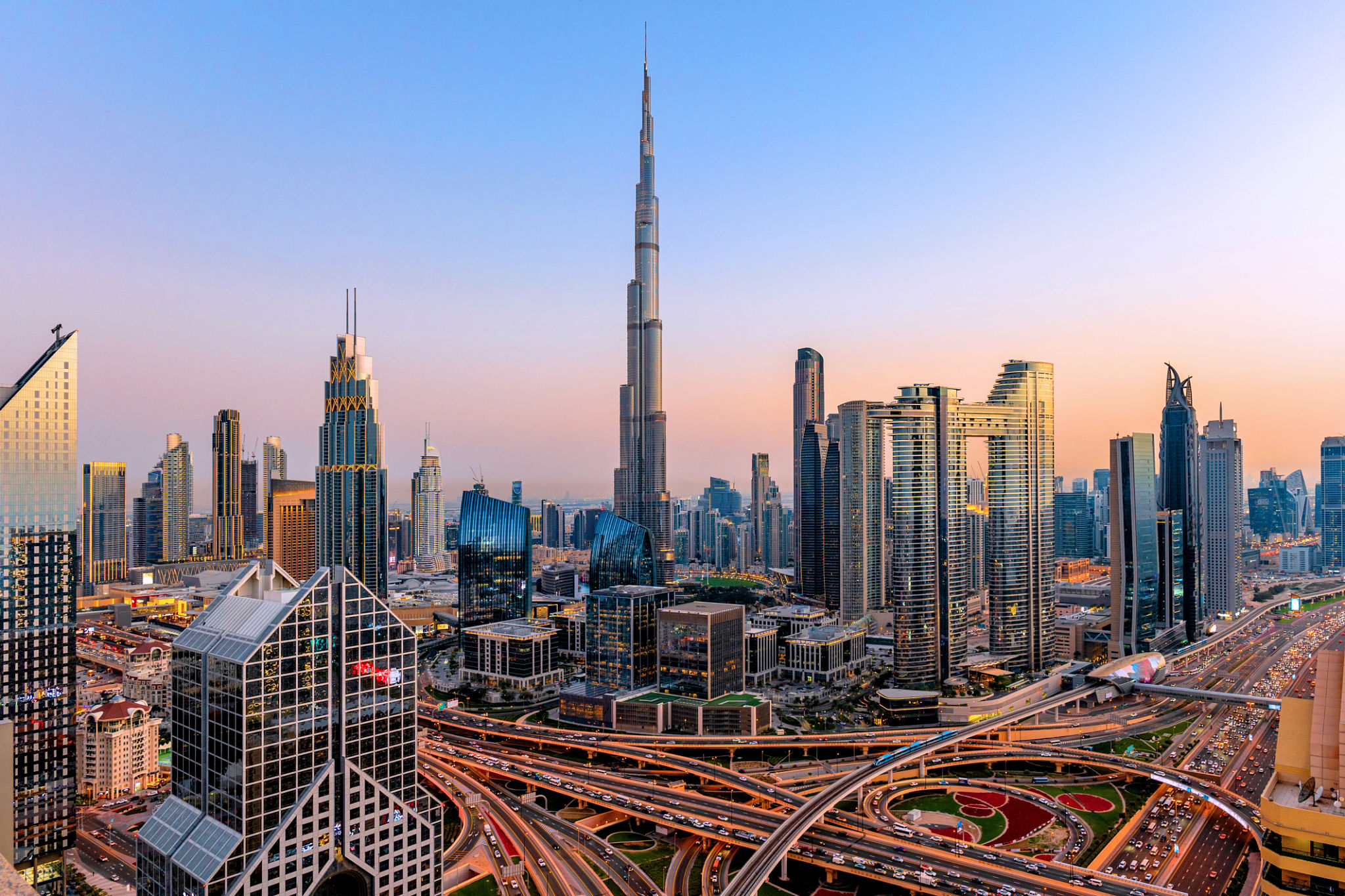Achieving Net Zero: How Construction Companies in Dubai Can Contribute
The Importance of Achieving Net Zero
The construction industry is one of the largest contributors to carbon emissions globally, accounting for approximately 39% of energy-related carbon dioxide (CO2) emissions. As the world moves towards a more sustainable future, achieving net zero has become a crucial goal for construction companies, especially in rapidly developing areas like Dubai. By striving for net zero, these companies can significantly reduce their environmental impact while also reaping economic benefits.

Understanding Net Zero in Construction
Net zero refers to achieving a balance between the amount of greenhouse gas emissions produced and the amount removed from the atmosphere. In the context of construction, this means designing and building structures that generate as much energy as they consume, often through renewable energy sources like solar or wind power. This balance is essential to mitigate climate change and promote environmental sustainability.
To achieve net zero, construction companies must incorporate sustainable practices throughout the building lifecycle, from design and material selection to construction and operation. This holistic approach not only reduces emissions but also enhances the energy efficiency of buildings.

Strategies for Construction Companies in Dubai
There are several strategies construction companies in Dubai can implement to contribute to achieving net zero:
- Adopt Green Building Standards: Embracing standards like LEED or BREEAM can guide companies in reducing their carbon footprint through energy-efficient designs and sustainable materials.
- Utilize Renewable Energy: Incorporating solar panels and other renewable energy sources in buildings helps offset energy consumption and reduces reliance on fossil fuels.
- Implement Waste Reduction Practices: Minimizing construction waste through recycling and reusing materials can significantly lower emissions associated with disposal and production.
The Role of Technology in Achieving Net Zero
Technology plays a pivotal role in helping construction companies achieve net zero. Advanced software solutions enable better energy modeling and simulation, allowing for more efficient building designs. Additionally, smart building technologies can optimize energy use by monitoring and adjusting systems in real-time.

Moreover, innovations such as 3D printing and prefabrication can reduce material waste and improve the overall efficiency of the construction process. By leveraging these technologies, companies can make significant strides toward their net zero goals.
Economic Benefits of Achieving Net Zero
While the primary goal of achieving net zero is environmental sustainability, there are also substantial economic advantages. Energy-efficient buildings often have lower operating costs due to reduced energy consumption, which can lead to significant savings over time. Additionally, properties that meet net zero standards may see increased demand and higher property values as sustainability becomes a priority for buyers and tenants.
Furthermore, government incentives and subsidies for green building practices can help offset initial investment costs, making net zero projects more financially viable for construction companies.

The Future of Construction in Dubai
As Dubai continues to grow, the construction industry must evolve to meet the demands of a sustainable future. By prioritizing net zero goals, construction companies can contribute to a healthier environment while also capitalizing on economic opportunities. This commitment to sustainability will not only benefit individual companies but also support Dubai's broader vision of becoming a global leader in sustainable development.
Ultimately, achieving net zero is not just an environmental imperative but a strategic business decision that aligns with global trends towards sustainability. As more construction companies in Dubai embrace this approach, the city will be well-positioned to lead by example in the quest for a greener future.